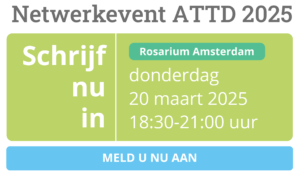OBJECTIVE
To determine whether use of glucagon-like peptide 1 (GLP-1) receptor agonists (RA) is associated with increased risk of thyroid cancer.RESEARCH DESIGN AND METHODS
A nested case-control analysis was performed with use of the French national health care insurance system (SNDS) database. Individuals with type 2 diabetes treated with second-line antidiabetes drugs between 2006 and 2018 were included in the cohort. All thyroid cancers were identified through hospital discharge diagnoses and medical procedures between 2014 and 2018. Exposure to GLP-1 RA was measured within the 6 years preceding a 6-month lag-time period and considered as current use and cumulative duration of use based on defined daily dose (≤1, 1 to 3, >3 years). Case subjects were matched with up to 20 control subjects on age, sex, and length of diabetes with the risk-set sampling procedure. Risk of thyroid cancer related to use of GLP-1 RA was estimated with a conditional logistic regression with adjustment for goiter, hypothyroidism, hyperthyroidism, other antidiabetes drugs, and social deprivation index.RESULTS
A total of 2,562 case subjects with thyroid cancers were included in the study and matched with 45,184 control subjects. Use of GLP-1 RA for 1–3 years was associated with increased risk of all thyroid cancer (adjusted hazard ratio [HR] 1.58, 95% CI 1.27–1.95) and medullary thyroid cancer (adjusted HR 1.78, 95% CI 1.04–3.05).CONCLUSIONS
In the current study we found increased risk of all thyroid cancer and medullary thyroid cancer with use of GLP-1 RA, in particular after 1–3 years of treatment.


